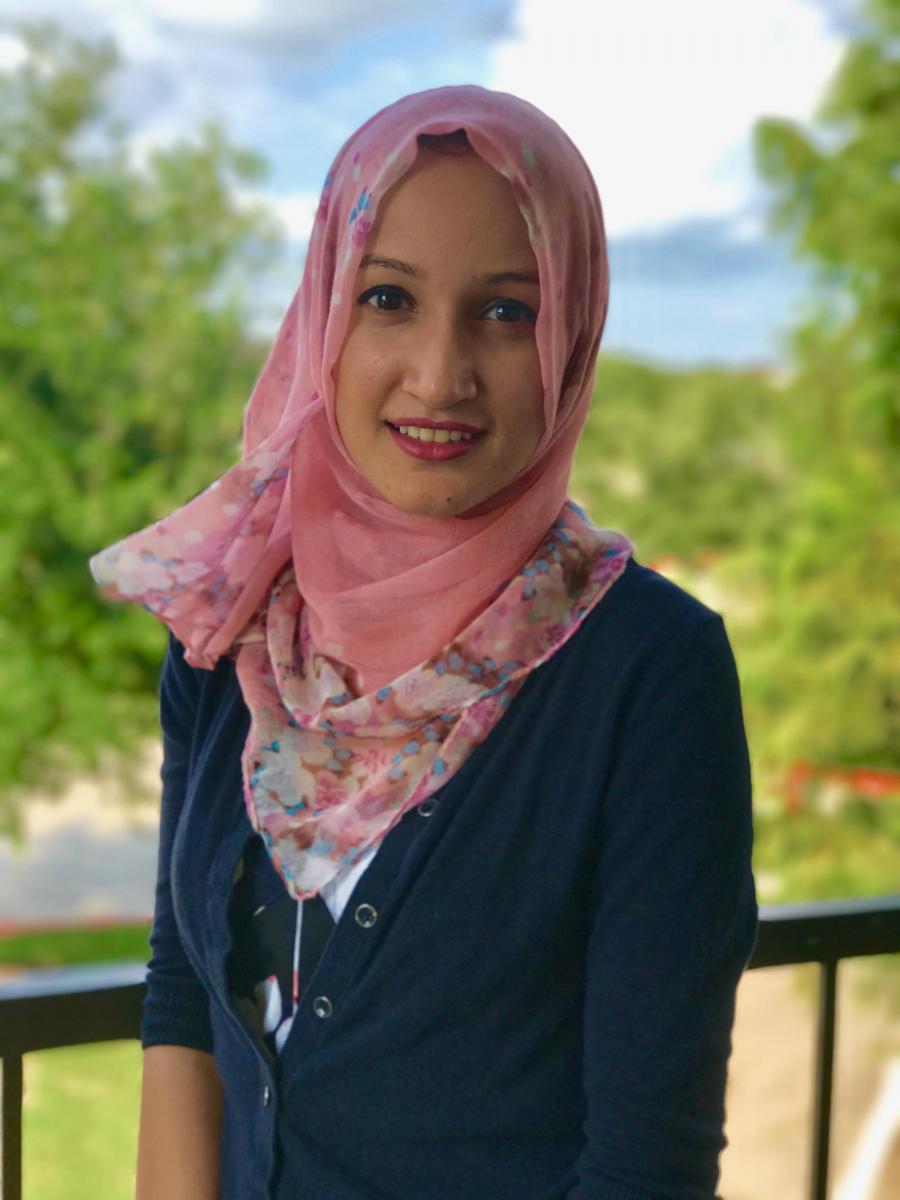When I got my offer letter from Schlumberger my senior year of college, I was neck deep in applying for Ph.D. programs in EE, because…that was my initial dream. The choice wasn’t easy for me. On the one hand becoming completely financially independent and enjoying the perks of the corporate world appealed to me, and on the other hand spending the next five to six years in college, immersed in intellectual experiences and possibly engaging in groundbreaking research beckoned to be my calling. Not knowing then if it were for better or for worse, I decided to give my industrial work experience a head start and accepted Schlumberger’s offer with the intention of rejoining grad school after a few years of work experience. Once I started working, I thoroughly enjoyed the enriching technological experience of developing new products and the thought of leaving my job for school became a distant possibility.
After working for about a year, I decided to get a part-time technical master’s in my current field of electrical engineering while working in the Houston area. At this point, my principal goal was to attain a professional master’s degree from one of the best-accredited universities in the nation that would look great on the resume. Rice University was an obvious choice! Little did I know that my experience at Rice would completely transform my view of how I approach technical learning and practice engineering and that it would open new electrical engineering avenues for me. Although an ideal program for working professionals would offer evening classes, Rice's M.E.E. program offered some of the most well-renowned professors, rewarding classes, and great networking opportunities through the Rice Graduate Student Association, Rice ECE Corporate Affiliates Day, and Rice ECE seminars. Thus, the program is aptly tailored for both existing and aspiring industry professionals.
My experience was indeed different from 95% of the peers around me and came with its unique set of challenges. While my peers at work enjoyed their work-free evenings and weekends focusing on their health (training for half marathons and joining CrossFit) and hobbies (travelling to Europe and skiing in Colorado), I would be worrying about getting the next assignment done in time and spending late nights in the FPGA lab implementing Cooley-Tuckey FFT algorithm in Verilog. My weekends would be spent in the VLSI lab troubleshooting the fixed-point CORDIC code in VivadoHLS. Numerous days were spent switching gears, going back and forth from work to school. Though I acquired some temporary unhealthy habits – eating canned foods and surviving on Chick-fil-A – I gained invaluable technical knowledge, practical problem-solving skills, along with serious time management and strategic planning abilities.
Challenging as it was, attaining an M.E.E. degree part-time while designing, developing and testing electronics full-time has been one of the most enriching learning experiences of my life. As a habitual front-seater in the class, I would engage in lengthy discussions with my professors on the topic of the day, not because I knew this would be part of the upcoming exam but because of my genuine curiosity of how I would use this knowledge to better the products I am building. I remember this once being fully engaged in listening to the professor talk about the architecture of the new device family of ARM-FPGA, the Zynq-7000 All Programmable SoC, while wondering how I can incorporate it in my next embedded circuit design to cater to the product requirements. My learning goal had now changed from focusing on topics that would be part of the exam for “an A grade,” to focusing on applying the knowledge to real life applications. Certainly, there were courses I took that couldn’t directly relate to my current line of work. However, the practical nature of the classes made them ever more enjoyable. For example, the Mobile Bio-behavioral Sensing class had nothing to do with designing downhole electronics, but now when I wear my Fitbit, I cannot help but wonder which kind of estimators, event detection algorithms, and filtering methods are programmed in there to tell me how many steps I have walked in a day.
One of the most valuable realizations I had at Rice was my newly developed love for programming. Since I concentrated on power electronics during my undergraduate, my experience in programming was very minimal; I always believed programming was not my cup of tea. But the strong programming focus at Rice changed that for me: 88% of the electrical engineering courses I took for my degree involved some level of programming that, though initially challenging, opened avenues for me to explore embedded software programming roles from a pure hardware engineering role.
It took me three years to complete my master’s degree, and I did not just graduate with a degree that I am proud to show on my resume. Rice has provided me with the opportunities that helped me grow technically and professionally. I got the unique opportunity to explore my mentoring abilities, guiding fellow students through job applications and interviews. I often give aspiring professionals this advice: you don’t always get to choose which industry you might land in, what line of work you will be doing, or which part of the engineering realm you will get to experience, so you will never have all the technical or professional skills needed to kick-start your career in the industry. Therefore, it is essential to keep an open mind about learning because learning does not stop once you graduate (even with a Ph.D.). If anything, it only begins.
About Saadiah:
Saadiah Gul '17 is an Electrical Engineer at Schlumberger, a leading provider of products and services to the oil and gas industry worldwide. She works in new product development designing solutions for technological problems. Saadiah holds a B.S.E.E with highest distinction from Texas A&M University and an M.E.E from Rice University.

